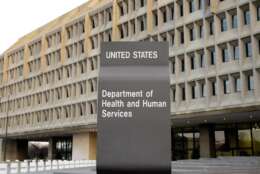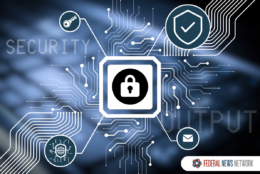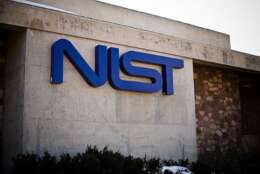Cybersecurity
-
The Department of Health and Human Services is aiming to better organize its healthcare cybersecurity resources and programs.
April 01, 2024 -
DoD wants its vendors to be more cyber secure, including by expanding the pool of vendors who can take part in the no-cost cyber services it already offers.
March 29, 2024 -
Cyber attackers have started using artificial intelligence in a big way. That means you need to use it to stay ahead of them.
March 29, 2024 -
The Federal Risk Authorization and Management Program’s is planning several pilots to bring in automation, test out reciprocity and speed up reviews.
March 28, 2024 -
The cyber incident reporting regulations will apply to about 316,000 organizations in critical infrastructure, ranging from IT contractors to hospital systems.
March 27, 2024 -
That new safe software attestation rule from the Homeland Security Department has become final.
March 27, 2024 -
While NIST CSF 2.0 offers valuable guidance for organizations, regardless of size or industry, certain sectors stand to gain immense value from its adoption.
March 27, 2024 -
New marketing campaign aims to attract AI, cyber and STEM job seekers.
March 27, 2024 -
Focus on three modernization musts to achieve cloud transformation: strategy, security and buy-in, says Splunk federal leader.
March 26, 2024 -
Scammers are impersonating financial offices within the State Department in phishing emails.
March 26, 2024 -
IBM has opened a spiffy new training range for federal agencies who want to sharpen their cybersecurity chops. The X-Force Cyber Range is right in downtown D.C.
March 25, 2024 -
Leslie Beavers, the principal deputy CIO for DoD, said a key focus for the near future is to improve the warfighter’s experience in using IT.
March 22, 2024 -
The Social Security Administration's Office of Inspector General (SSA OIG) is searching for ways that it can use AI to stop fraud.
March 21, 2024 -
For publicly traded companies, the risk of a cyberattack affects a lot more than their bottom line.
March 20, 2024 -
For civil service reform, agencies should use lessons learned from workforce pilots at other agencies, according to a recent report from Convergence.
March 19, 2024
















